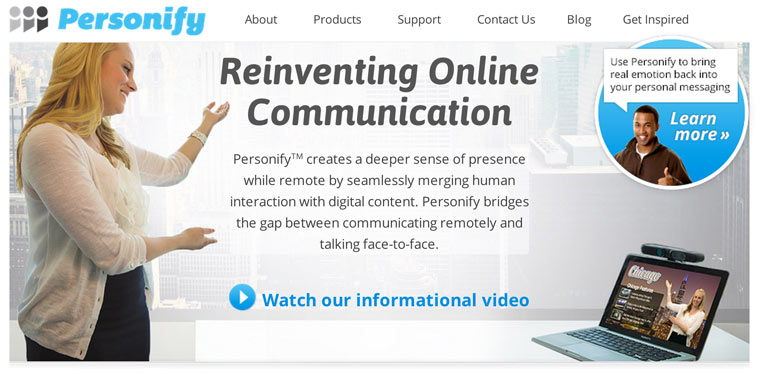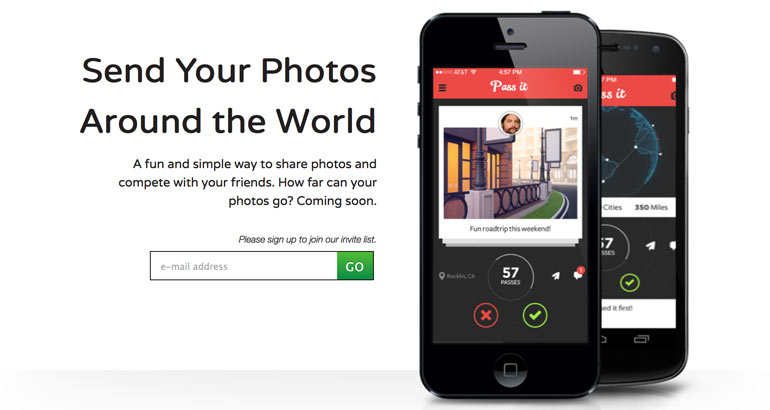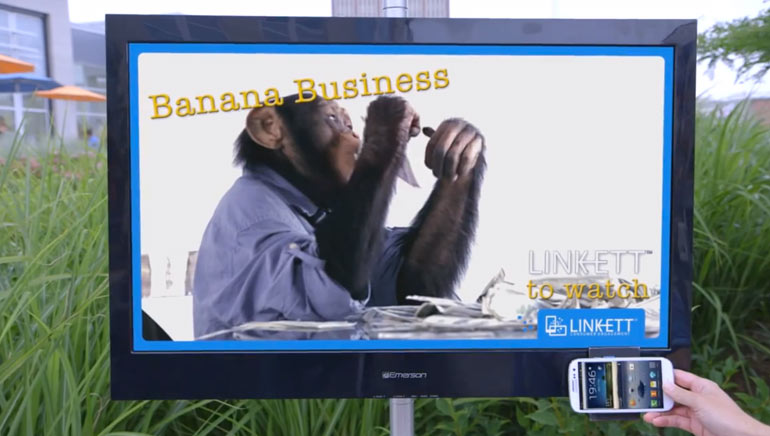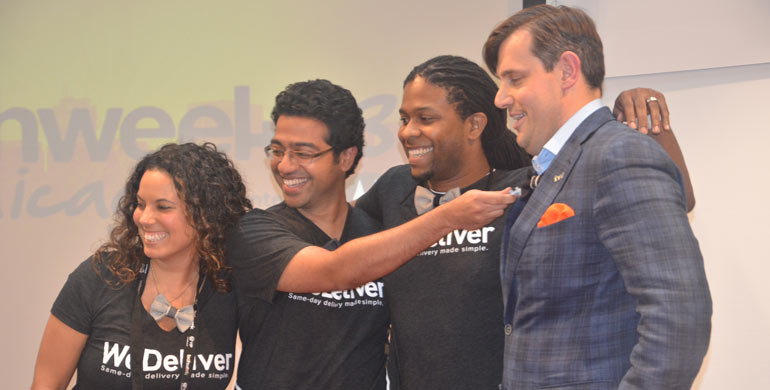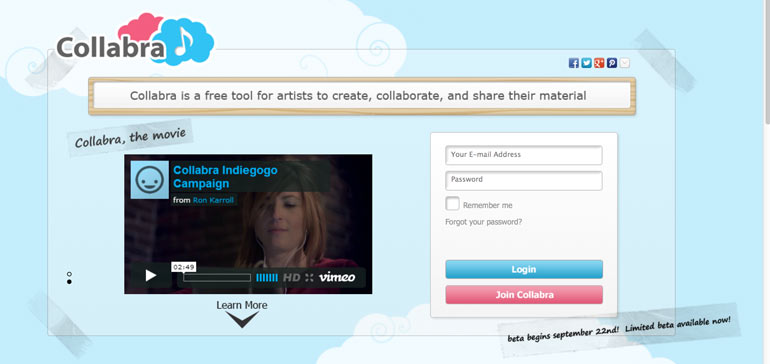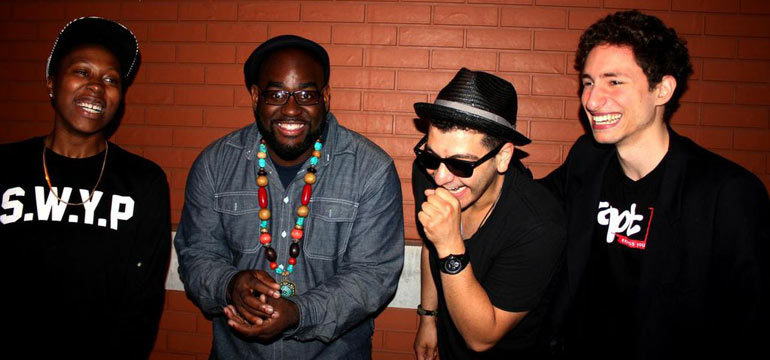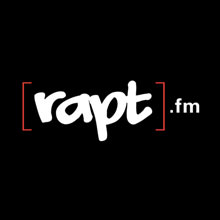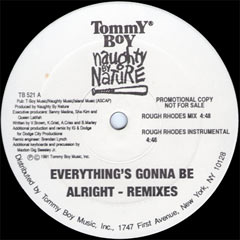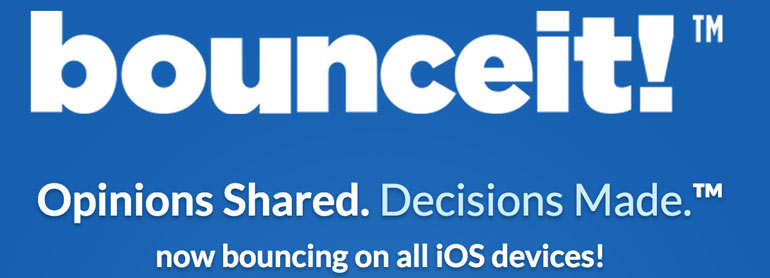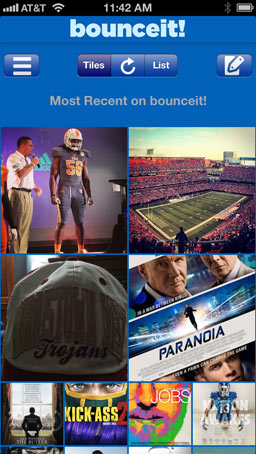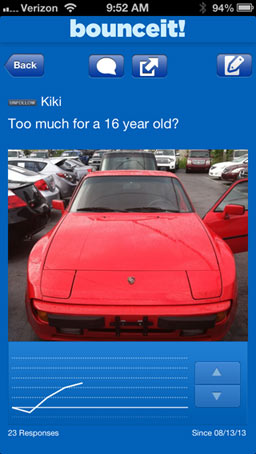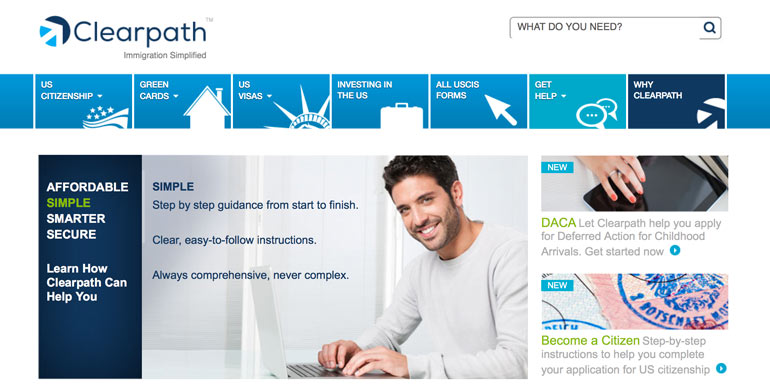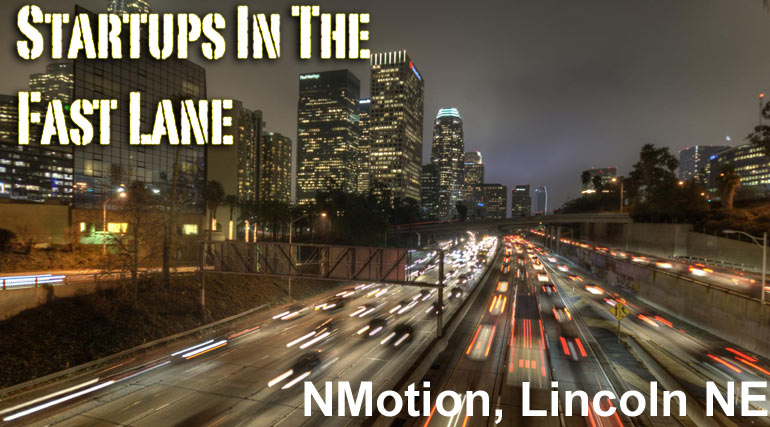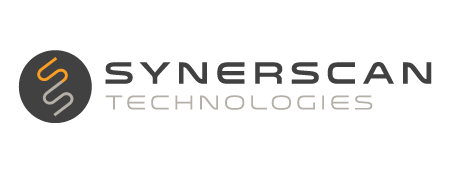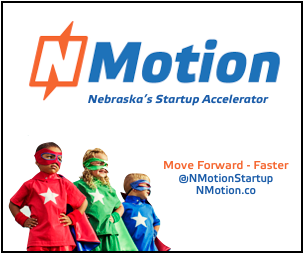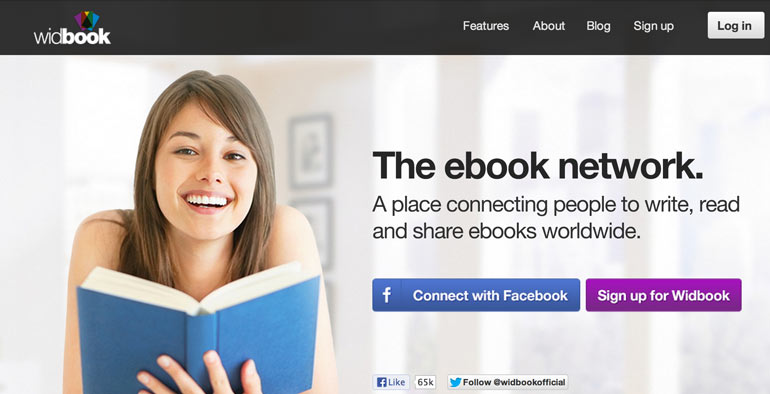We’re still far away from teleporting technology. In the meantime a Chicago startup called Personify has found a way to make remote presentations more personal.
Using depth sensing camera’s like the one found in the Microsoft Kinect, the company’s product called Personify Life, puts someone giving a presentation as close to being in the room as possible.
“Most remote presentations, including webinars and PowerPoint slideshows, lack the personal component that make in-person communication successful and keep audiences engaged. Personify Live brings those critical elements back by seamlessly merging human interaction with digital content,” a company spokesperson told Nibletz in an interview.
Personify boasts an incredibly well educated team of founders who are working on something that will make boring old meetings much more engaging. It’s almost like a hologram of the presentation giver is in the room.
We got a chance to interview the team from Personify. Check out the interview below.
What is your startup called?
Personify Inc.
What does your company do?
Personify is an immersive video communication company that bridges the gap between communicating remotely and talking face-to-face. Personify products create a deeper sense of presence while remote by seamlessly merging human interaction with digital content.
Personify Live, the flagship product from Illinois-based Personify, uses a virtual-green screen technology called User Extraction to visually immerse the individual in the content they are presenting, enabling the presenters’ body language, passion, enthusiasm and visual persona to dramatically enliven the experience.
With Personify Live, an individual can lead a virtual presentation from anywhere, in a one-to-one or one-to-many setting, and all presentations can be recorded and stored in the cloud. Users simply connect a depth-sensing camera, such as a Microsoft Kinect or ASUS Xtion Pro Live, to his or her PC. Personify Live’s technology was developed for sales and marketing professionals, however, its clients operate in industries ranging from online education to medicine. Personify Live has been adopted by hallmark enterprises and institutions such as SAP, Oracle, LinkedIn, Marketo and the University of Illinois.
The product’s technology is beneficial to a variety of industries, backgrounds and use cases.
Clients across all industries are reporting shorter sales cycles and more engaged audiences. One study found a 60 percent improvement in sales closing rates when online demos were used. In another case, a Personify Live client noted that 90 percent of webinar attendees reported being “more engaged” than with a traditional webinar. Furthermore, studies show a 400 percent increase in perceived learning using Personify Live vs. traditional online education tools.
By using Personify Live, organizations see a substantial increase in its business metrics, including close rates and ROI. Additionally, Personify Live works with WebEx, GoToMeeting, Skype and other traditional Web conferencing solutions for ease of use.
Who are the founders, and what are their backgrounds?
Personify might have the most well-educated group of co-founders of any startup on the planet. Of the five co-founders, four have Ph.D.s and one has a Master’s degree. Three are professors of electrical and computer engineering at the University of Illinois.
Although academics do not have a history of correlating with entrepreneurs and startups, the University of Illinois, and its engineering department, is bucking that trend. The U of I is well known for startup and entrepreneurial successes including Netscape and YouTube. Personify is one of its most recent.
Sanjay Patel, Personify’s CEO, began his career as a chip designer in the 1990s, later becoming the CTO of Ageia Technologies, a company that developed chips to improve the graphics in video games. In addition to his CEO duties, Sanjay is also a professor of electrical and computer engineering at the U of I. Two other cofounders, Minh Do, Personify’s co-founder and chief scientist, and Wen-mei Hwu, one of the world’s foremost experts in parallel computing, are both professors at the U of I as well.
The depth-based rendering of video utilized for Personify’s two products, Personify Live and zChat, slated to be released this fall, was constructed based on Minh and co-founder Quang Nguyen’s research.
Personify’s fifth co-founder, Dennis Lin, holds a Ph.D. from UIUC, specializes in computer vision and is a leader on Personify’s development team.
Where are you based?
Personify, which is headquartered in Chicago, Illinois, also has offices in Champaign and Ho-Chi Minh City, Vietnam.
What’s the startup scene like where you are based?
Personify benefits from the location in Chicago thanks to the city’s burgeoning tech scene. Chicago is home to 1871 and TechNexus, some of the most active and innovative startup incubators in the United States.
Why now?
Personify was founded in 2009 after the technologies needed, including depth-sensing, had developed enough to utilize in-product. Personify Live uses various types of cutting-edge technology to connect people instead of distancing them. The field of perceptual computing, thanks to a movement lead by Intel, has developed significantly and will continue to do so in the coming years. Personify, in fact, is a proud participant in Intel’s perceptual computing movement and was showcased on stage with Intel at the 2013 International CES in Las Vegas, Nevada back in January. Personify Live also utilizes gesture recognition technology which allows a presenter to advance a slide on his or her PowerPoint with just the swipe of a hand.
What are some of the milestones your startup has already reached?
Personify was named a finalist for the Illinois Technology Association (ITA) CityLIGHTS Trailblazing Award, which recognizes companies that have developed or introduced an ingenious, non-traditional and innovative way of doing business or creating a culture that produces significant value and growth for the company.
Personify Live has been adopted by a number of Fortune 500 companies that range in industries from healthcare to education.
Additionally, within six months of launching, Personify Live earned a position as an emerging market leader in the Web conferencing Industry by G2 Grid, a service of G2 Crowd. G2 Grid rates products and services algorithmically in real-time based on user reviews and analysis. Personify Live is currently considered an innovator in the Web conferencing segment, a category that includes Cisco’s WebEx, Citrix GoToMeeting and Skype – all products that integrate with Personify Live.
What are your next milestones?
Personify recently opened their new headquarters in the River North neighborhood of Chicago and announced plans to increase full-time staff by 50 percent in the next six months.
Personify’s consumer-facing immersive video chat tool, zChat, is slated for release this fall, which will bring perceptual computing to consumers and allow users to stay connected like never before.
Finally, in the near future, Personify hopes to be adopted by more companies, both large and small, across the world. Personify Live will hopefully be used to improve communication for these corporations, both internally and externally.
Where can people find out more? Any social media links you want to share?
More information about Personify can be found at personifyinc.com


